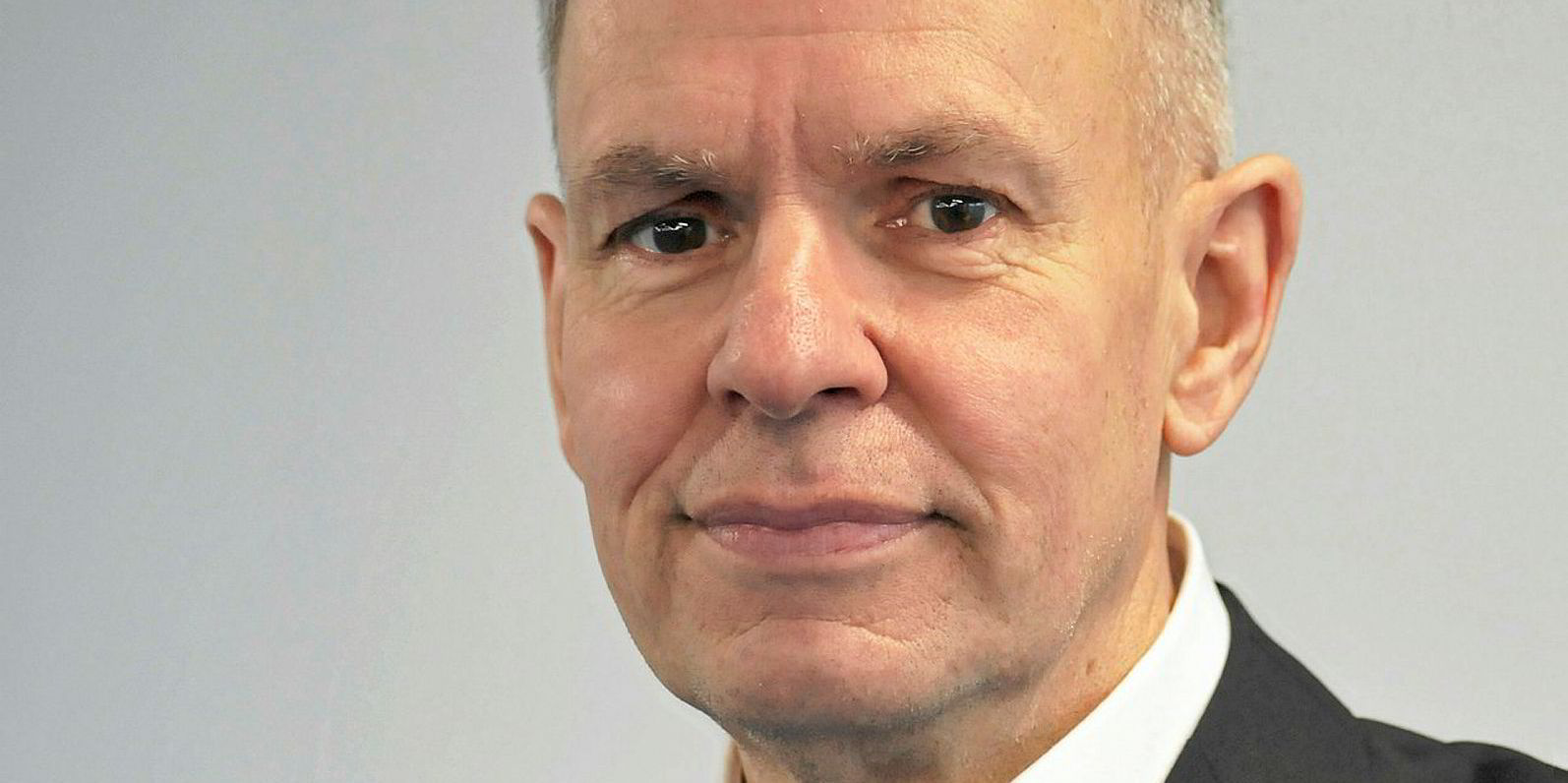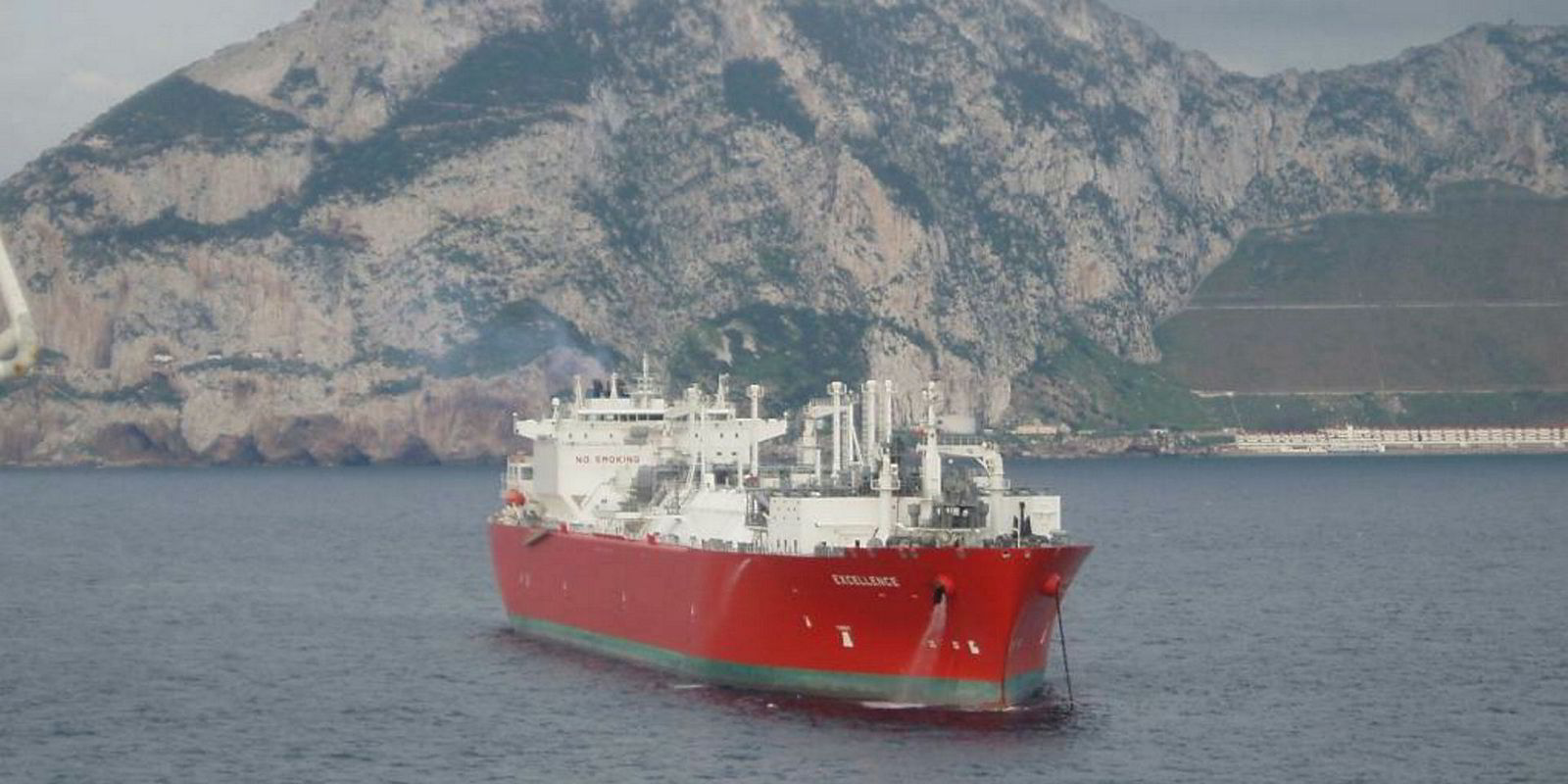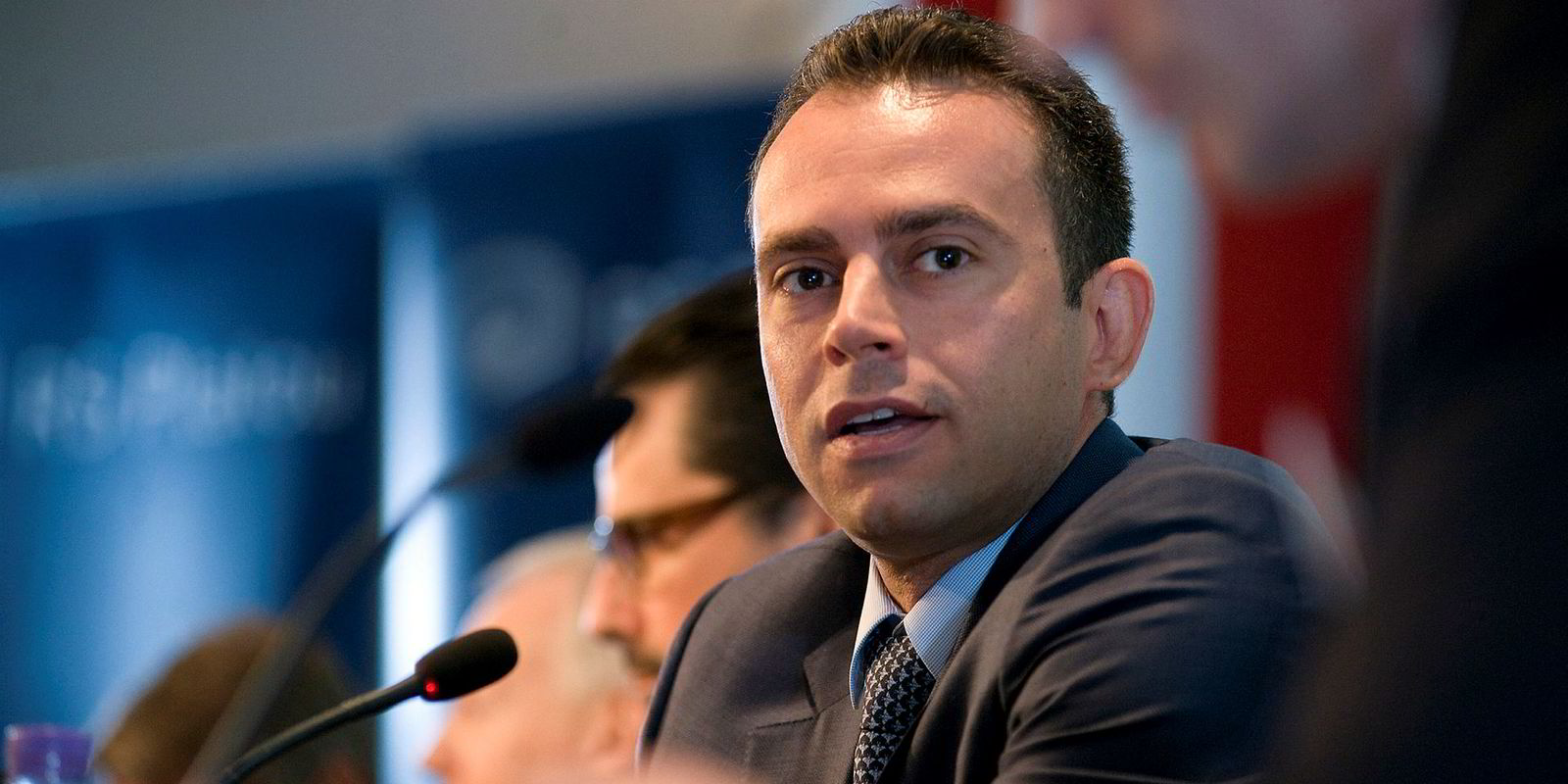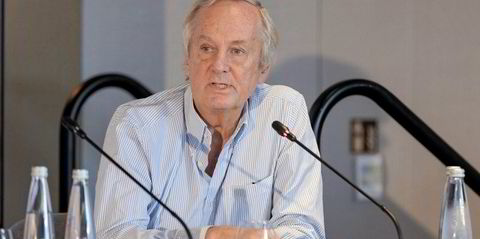Bangladesh’s decision to prioritise larger gas import projects appears to be a rare setback for Gunvor as it moves into new sectors of maritime activity. Rupantarita Prakritik Gas, the import arm of state oil company Petrobangla, said last week that small LNG projects were less of a priority now.
Gunvor had proposed an LNG import scheme close to Chittagong using a vessel chartered from Exmar. That offer — and similar ones proposed by trader rivals Trafigura and Vitol — is now in limbo, if not ditched.
Bangladesh has been moving ahead with imports via two larger floating storage and regasification units, with the prospect of raising LNG import capacity to 7.5 million tonnes per year.
Next door, Indian LNG imports rose year on year for the sixth consecutive month in August, amid plans to almost triple the share of gas in the country’s energy mix to 15% by 2030.
Geneva-headquartered Gunvor has shown a growing interest in gas — as well as in new geographical areas and the ownership of ships.
The company was officially established only 18 years ago, almost completely based on exporting crude oil and products, largely out of post-Soviet Russia.
The business, registered formally in Cyprus, was founded by a Stockholm-born former BP oil trader, Torbjorn Tornqvist, and Russian former oil director and entrepreneur Gennady Timchenko.
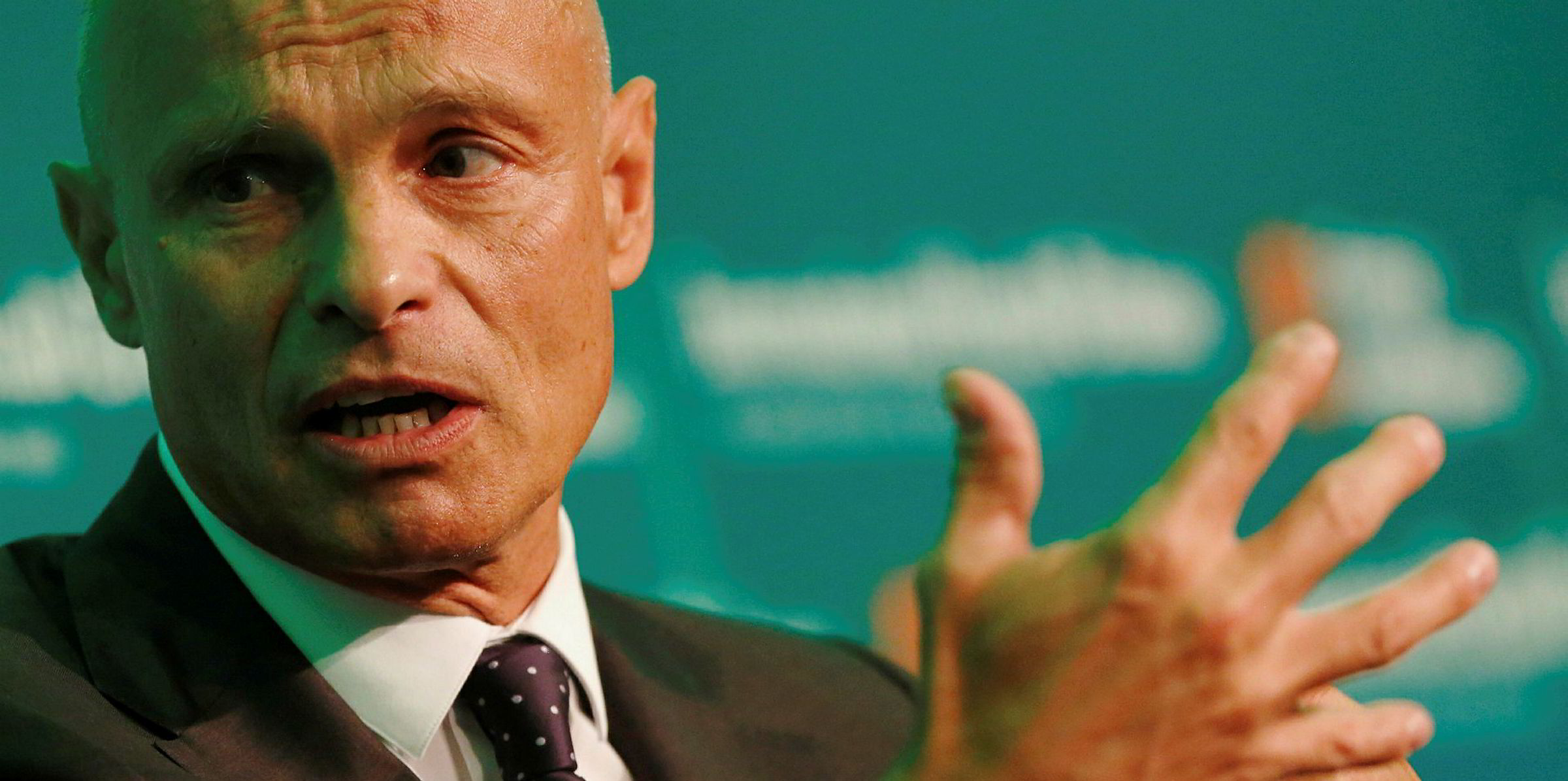
It was a great success story, particularly in the first 10 years up to 2010, when it was reported to be shipping 104 million tonnes per year and notching up revenues of $65bn.
Gunvor has since doubled the shipped volumes to 184 million tonnes annually — or 2.7 million barrels of oil and other energy products daily.
But revenues remained at $63bn in 2017, while profits were down nearly 50% to $162m as trading margins were squeezed and it was hit by a slow refinery turnaround.
Vitol and Trafigura also saw their profits dive as opportunities to trade oil declined due to more stable crude prices.
But the widening of the Gunvor business base continues. Last year, it hired rival Glencore’s head of shipping, Jan Andersen, and signed a joint venture with Top Ships for two MR product tanker newbuildings.
Like most other trading giants, Gunvor carries a whiff of intrigue about it
Four months ago, it made its biggest move into shipowning to date by ordering six MR tankers in the Far East. This was done alongside the established shipowning Dragnis family and Maas Capital in a venture called ClearOcean Tankers.
Gunvor now has ownership stakes in 10 product tankers through its wider Clearlake Shipping subsidiary. That business, which boasts of being one of the largest tanker charterers in the world, was involved in 1,600 voyages in 2017.
Historically low shipbuilding prices made it the right time to take on tonnage, Gunvor said when talking about the ClearOcean Tankers newbuilding deal. Furthermore, it would “continue to pursue other attractive [ship] investments”.
The company, now owned 64% by Tornqvist, also owns three refineries, stakes in the Transalpine and other pipelines, storage depots and even a coal mine in Montana.
And like most trading giants, it carries a whiff of intrigue about it.
Gunvor was formed the year that Vladimir Putin first became president, and Timchenko has good relations with the Russian leader, who was honorary president of a judo club sponsored by Timchenko.
Wilder claims have it that Putin was some kind of instigator and beneficiary behind the scenes at Gunvor. Putin has always strongly denied this, and a company spokesman told TradeWinds this week the claim had long been discredited and was “frankly ridiculous”.
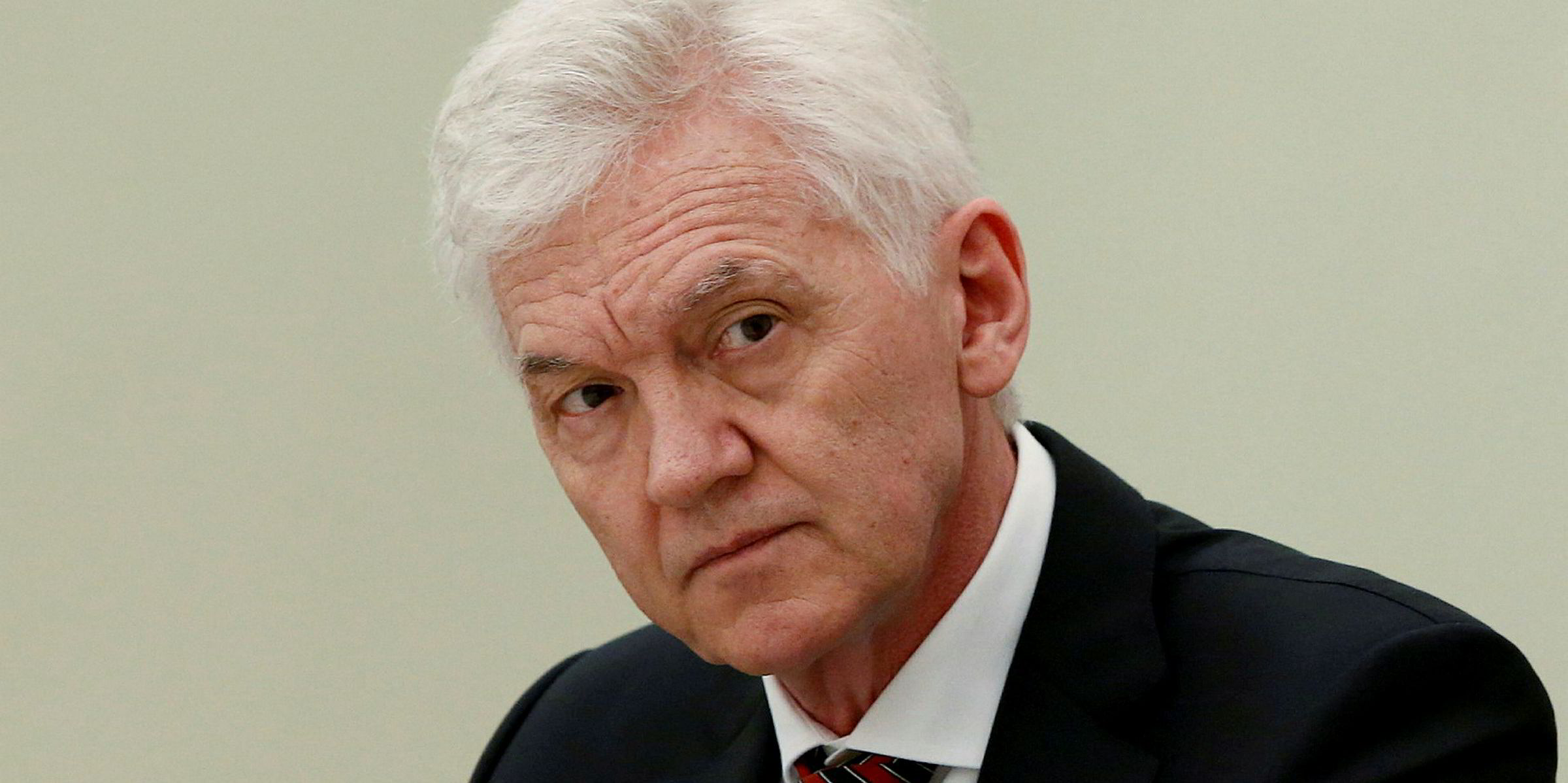
Timchenko sold out of Gunvor in 2014, the day after US sanctions were imposed on him for allegedly being part of Putin’s inner circle.
The trading company itself has never been targeted or affected by American sanctions imposed over Russian involvement in Crimea. Indeed, Gunvor now has 100 employees in Houston and Stamford and has been approved for a US government apprentice scheme.
Today, only 10% of its global business comes from Russia, and future trade looks like coming not only more from Asia but also from the direct ownership of ships.
Gunvor is gunning for new opportunities and is unlikely to be fazed by a hiccup in Bangladesh.
